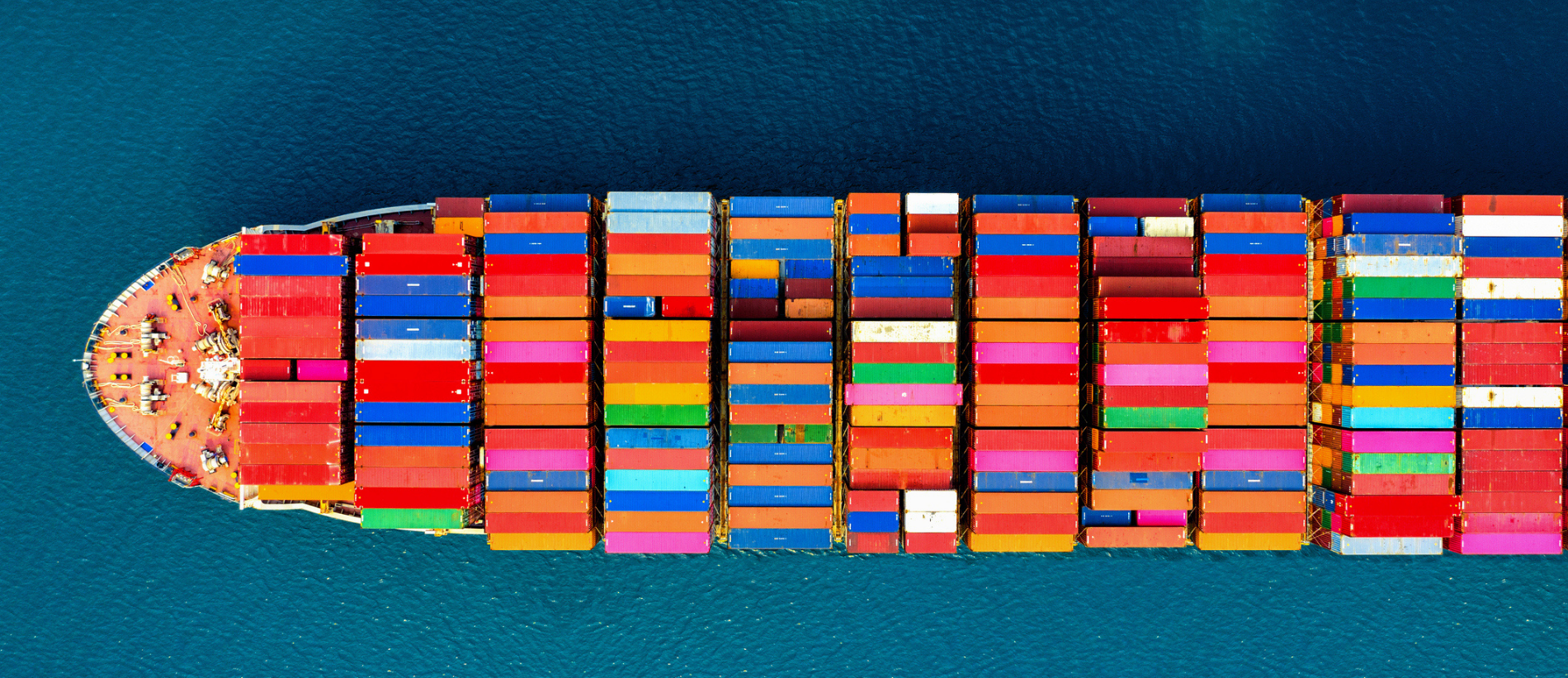The pandemic has caused an imbalance between demand and supply globally which disrupted the cargo sector, creating new risks that need to be addressed.
The lockdowns introduced all over the globe to limit the spread of Covid-19 have dramatically changed the dynamics of goods' transportation. Since most retailers had to close for a prolonged period, inventories remained high and new shipments were not required, for example. Retailers tried to solve the issue by cancelling orders if possible, postponing the arrival or adding storage capacity. In addition, the transportation sector faced delays and bans to deliver goods in some regions. To make matters worse, the lockdown was not implemented in all regions at the same time. While the destination may have been unaffected by the pandemic at departure, it may have been in full lockdown at arrival. Some operations were impeded due to border crossing closures. As a result, the transport sector is facing cargo accumulation at ports and delays to vessels and more recently, overcapacity since the world is entering recession.
Further, a collapse of demand has generated oversupply of oil as well as a lack of storage capacity. In some places this inflammable fuel may be stored inappropriately. Many practitioners do not appear to be aware of clause 397, War and Strikes Clauses (cargo stored afloat in mechanically self-propelled vessels), the Joint Cargo Committee (opens a new window) (JCC) which represents the interests of those writing marine cargo and related risks within the London market, noted in a recently published article (opens a new window).
The effect on insurance policies
From an insurance perspective, the cargo world is mainly facing a surge in claims related to transportation delays and potential port, vessel and warehouse accumulations.
While delay in itself is not a covered peril under the standard clauses, underwriters have been giving accumulation clause coverage for many years, in fact since the 1970’s and the EU butter mountain issue, the JCC explains. Accumulation clauses are a feature of most general cargo policies. These clauses may now be needed and underwriters may well face increased exposure.
“The major risk for the cargo market appears to be the widened coverage for expenses the market has allowed in recent years. Here we can focus on Forwarding Expenses, Extra Expenses and Shipping Expenses, sometimes included under TDI (Time Definite International) type extensions,” the JCC notes.
The standard Institute Cargo Clauses (A) (ICCA) clauses exclude delay under clause 4.5, but they include forwarding expenses for specific reasons. The duration, termination of transit and change of voyage clauses all provide the ability to have cargo covered should destinations change and advice be given to underwriters.
“We should also consider that it is not just cargo owners who pay additional costs for a change of destination, ship owners will also have to fund part of the costs,” JCC explains.
On April 17 the JCC has published a new communicable disease clause (opens a new window), which excludes “any loss, damage, liability, claim, cost or expense of whatsoever nature caused by, contributed to by, resulting from, arising out of, or in connection with a Communicable Disease or the fear or threat (whether actual or perceived) of a Communicable Disease regardless of any other cause or event contributing concurrently or in any other sequence thereto.”
As a result of the introduction of the new Communicable Disease clauses, all parties will need to consider and agree on what coverage is appropriate going forward.
Underwriters have two options today: 1) to use a full exclusion or 2) to use an alternative exclusion with a limited buy-back. The buy-back option affords a measure of expenses coverage in line with each specific policy wording. Each underwriter and each insured has a choice and that choice can be discussed with brokers at the time of policy renewal. This is particularly important if frozen and chilled extension clauses are used.
All parties should also be aware of the duty of assured clause. Underwriters would expect customers not to send/accept shipments if they know goods are unlikely to arrive at their intended destination.
Mitigating risk
Measures to reduce risk should include contingency plans to prepare for sudden shutdowns of facilities and the possible non-receipt of cargo at the final destination and checking whether it is possible to seek alternative destinations.
Transportation firms should also utilise Internet of Things (IoT) technology in cargo packaging to obtain real-time location information on delays or deviation, allowing the transportation company to review requirements for example for perishable cargos. Further, trailers that have integrated GPS technology can allow to track goods in transit.
It is worth mentioning that since food and pharmaceutical products needed to combat the pandemic have been given priority for temperature-controlled capacity during the pandemic. Therefore, additional transit time for non-critical perishables should be factored in.
In any case, it is advisable to arrange for alternative warehouse capacity as the disruption to supply chains is likely to persist for some time.
As the accumulation of cargo in warehouses is likely to increase the risk of theft and organised crime it may be advisable to strengthen warehouse security and check alarm functionality more regularly.
For further information, please contact:
Ian Franklin, Senior Vice President, Risk Solutions - Cargo & Logistics
Tel.: +44 (0)207933 2054
Email: Ian.franklin@uk.lockton.com (opens a new window)
Or:
Peter Hall, Partner
Tel.: +44 (0)20 7933 2139
Email: Peter.hall@uk.lockton.com (opens a new window)

